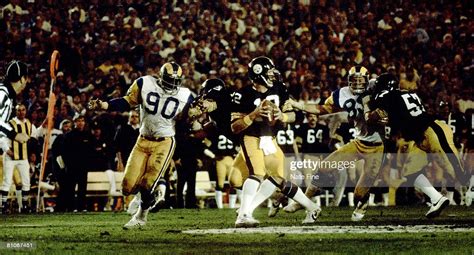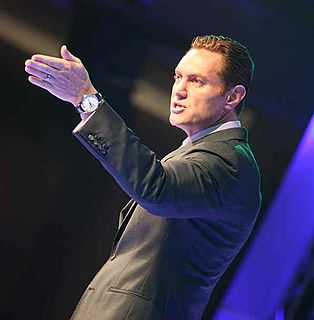A Quote by Julie Henderson
Related Quotes
If you want to become physically stronger, you'll need healthy habits - like going to the gym. You'll also have to give up unhealthy habits - like eating junk food. Building mental strength requires healthy habits - like practicing gratitude - while also giving up unhealthy behavior, like giving up after the first failure.
Change is difficult and it takes time. It is hard for people to change their own behavior, much less that of others. Change programs normally address attitudes, ideas, and rewards. But the behaviors of people in organizations are also strongly shaped by habits, routines, and social norms. Real change requires new power relationships, new work routines and new habits, not just intent.
The life-history of the individual is first and foremost an accommodation to the patterns and standards traditionally handed down in his community. From the moment of his birth the customs into which he is born shape his experience and behavior. By the time he can talk, he is the little creature of his culture, and by the time he is grown and able to take part in its activities, its habits are his habits, its beliefs his beliefs, its impossibilities his impossibilities.
Keep your thoughts positive because your thoughts become your words. Keep your words positive because your words become your behavior. Keep your behavior positive because your behavior becomes your habits. Keep your habits positive because your habits become your values. Keep your values positive because your values become your destiny.









































